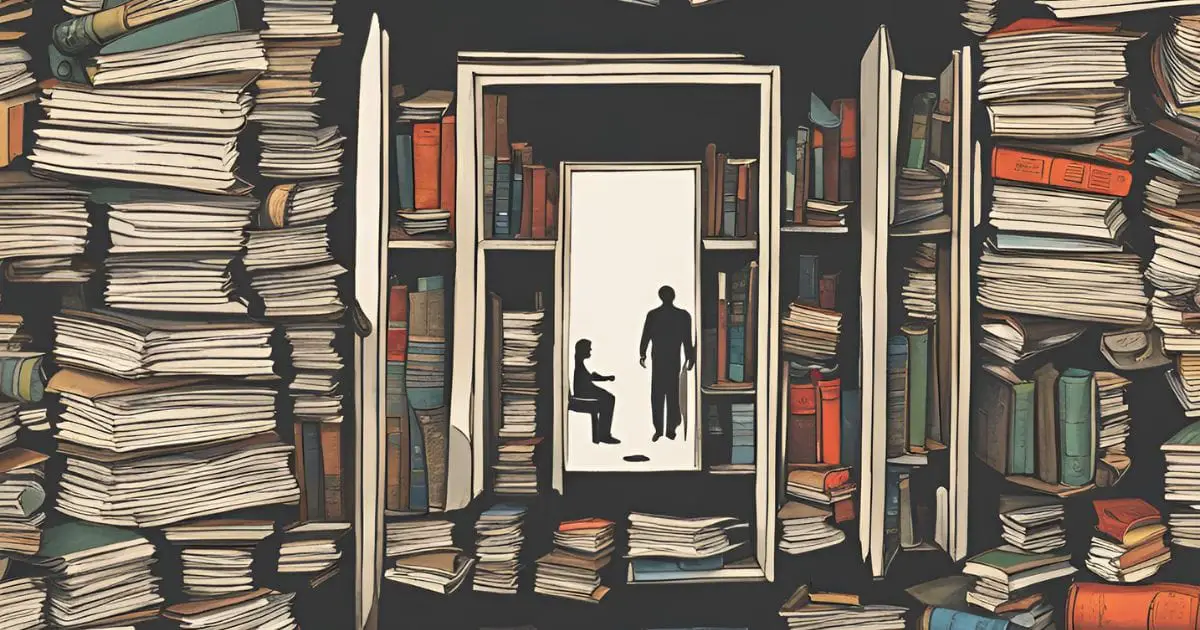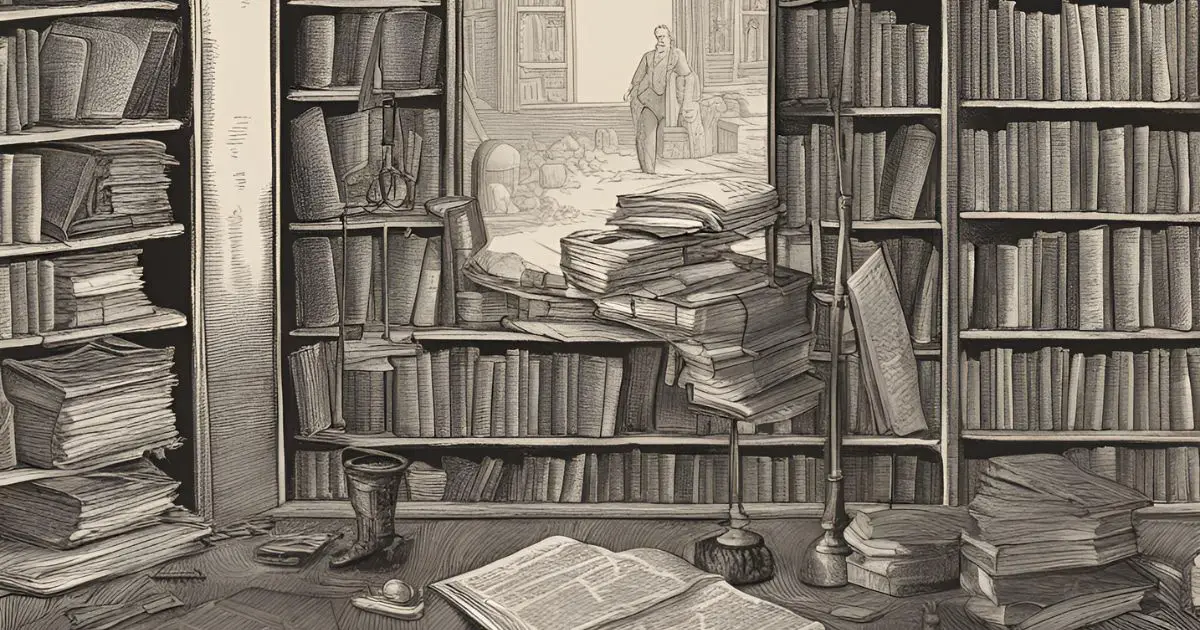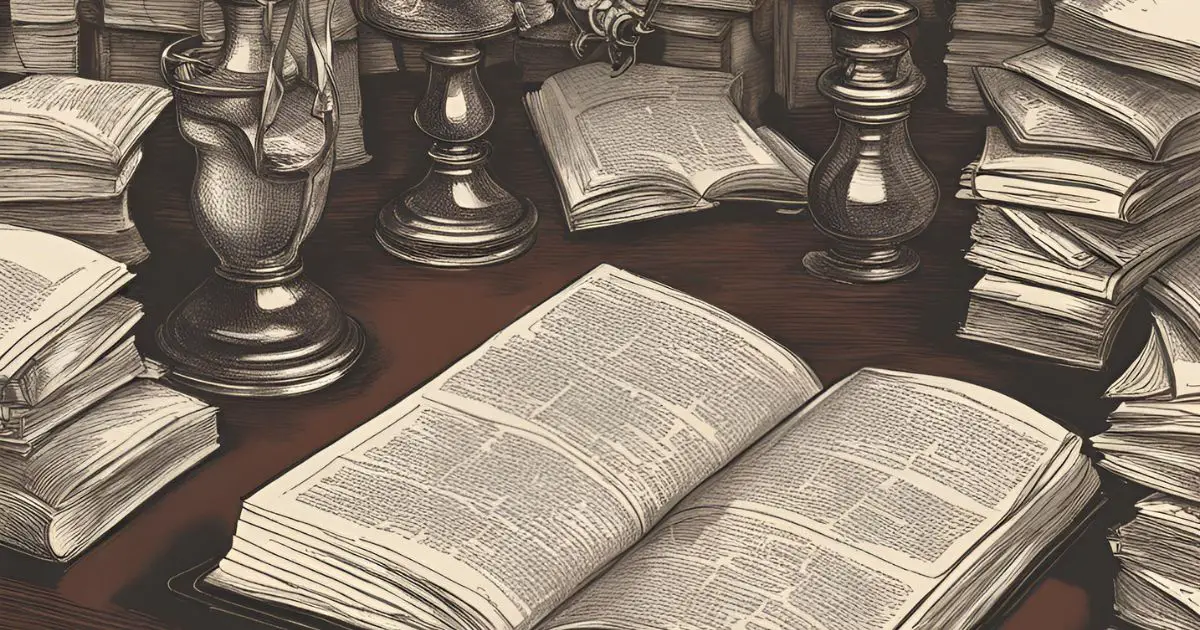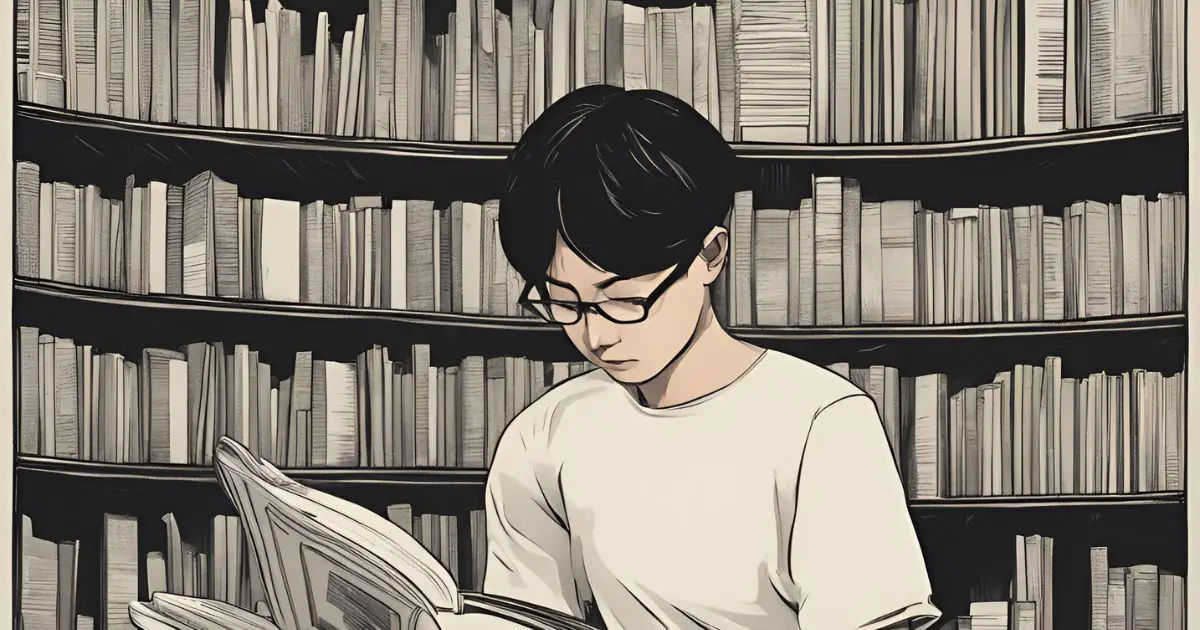Have you ever considered how books propel social change or can change the course of history? Let’s dig deep into the transformative power of literature and discover how influential books have been the catalysts for social change.
Literature, with its stories, people, and subjects, is a main force in promoting changes within society. It can motivate people and teach them through the way it presents ideas. Works of literature can also start movements that question accepted rules of behavior, leading toward advancement.
1. Literature as a Mirror of Society

Reflecting Realities
Literature can be seen as a reflection of the various facets of society. Writers take their ideas from what they observe around them and make stories that match with readers’ lives. Whether it is about inequality, unfairness, or discrimination; literature shows how complicated human life can be.
Books Propel Social Change by Fostering Empathy
There is a special power in literature to grow empathy. When people read about the lives of characters from various backgrounds and viewpoints, it stimulates understanding and sympathy. By learning to feel for these imaginary figures, readers can better understand the difficulties encountered by real people in our world.
Sparking Awareness
Literature, like a mirror, can show us the social problems we face. When writers bring up poverty, racism, or damage to the environment in their stories; it makes people think about these issues more deeply and talk about them seriously. Literature can make readers reconsider what they believe and do through narratives that provoke thoughts.
2. The Role of Literature in Inspiring Change

Motivating Action
Literature can greatly motivate people to do something. When we read about historical events, fictional stories of social movements, or visionary tales of perfect societies it can ignite a desire for action within us.
Literature shows the strength found in facing difficulties head-on, encourages bravery when dealing with injustice, and highlights the importance of unity. All these elements inspire those who read them to take a stand and work towards making good changes happen.
Cultivating Critical Thinking
A big part that literature plays is to grow skills of thinking critically. When people read about complex subjects and moral problems, they start questioning what is normal and accepted in society. This helps them form their own opinions by looking at things from different angles or ideas.
Inspiring Creativity
Literature is a place where people get inspiration and ideas for creative expression and innovation. From poetry to prose, plays, or novels, all sorts of literary works can stimulate the mind’s creative process and encourage artistic experiments. By giving readers access to various kinds of narrative styles, literary instruments like metaphors, similes, etc., as well as storytelling methods such as first-person narratives versus third-person tales among others; literature helps individuals discover their distinctive voice which they can use in making contributions towards cultural fabric within society.
3. Literature as a Catalyst for Social Movements

Galvanizing Communities
In the past, literature has been a major force in bringing people together for social causes. Books from the 19th century like those about ending slavery and literature from the 20th century that focuses on feminism are examples of this power. Literature helps to express hopes and complaints of groups who are not given much importance in society, setting off united actions while increasing the volume of voices previously hushed down through time.
Challenging Injustice
By showing unfairness and suppression, literature becomes a strong instrument to question the deep-rooted inequalities in systems. People who write use their imaginative stages to show the structural obstacles that keep inequality going and push for fairness in society. By dealing with problems like racism, sexism, and classism, literature encourages people to face up against injustice not only in the book but also in their own lives or surroundings.
Sustaining Momentum
In social movements, literature helps to keep up the progress. It records the difficulties and achievements of activists, keeping a shared memory of past fights and encouraging coming generations to carry on with the struggle for fairness. In stories about strength and refusal to give in, literature gives hope and firmness to people who are aiming for a society that is fairer and includes everyone.
4. The Transformative Power of Literature

Empowering Individuals
The strength of literature lies in its ability to inspire people’s imagination about a different kind of world and motivate them to make real changes for the betterment of society. As literature shows what is possible and what can be, it gives readers the courage to question current conditions and work towards creating a more fair and kind community. By telling tales that show endurance, understanding, and unity, literature motivates people to understand their power and help in making good changes.
Cultivating Solidarity
Literature creates a feeling of togetherness among readers because it emphasizes our common human characteristics and links. When we read about various characters and stories, literature confirms the vast range of human life and promotes understanding across differences. Literature also acts as a source of unity by generating feelings of belonging and community. This can encourage readers to work together towards shared objectives, strengthening relationships between people for collective action to achieve common goals.
Sustaining Hope
When things are unsure and changing, literature can be a light that shows hope and strength. It does this by telling stories that never get old, teaching us how human hearts can keep going through any difficulty and make the world better for everyone. Literature, with its optimistic view of life’s possibilities combined with an understanding that challenges are part of our shared human experience, helps individuals to maintain hope when times become tough while also inspiring them to take action in creating positive change for tomorrow’s future.
Conclusion
To sum up, literature is crucial for making social changes because it works as a starting point for understanding, motivation, and response. From showing the world’s state to encouraging empathy and binding people together in common goals, literature has great influence in forming movements that seek justice and fairness.
The power of literature can be used by everyone to create change at personal levels as well as in communities, leading us toward building an inclusive world full of compassion for all generations to come. Now, we are readers and writers. So we keep on using literature to inspire good changes in our own lives and the world around us.





